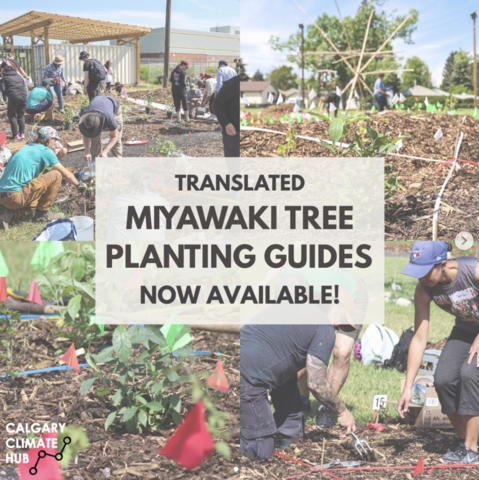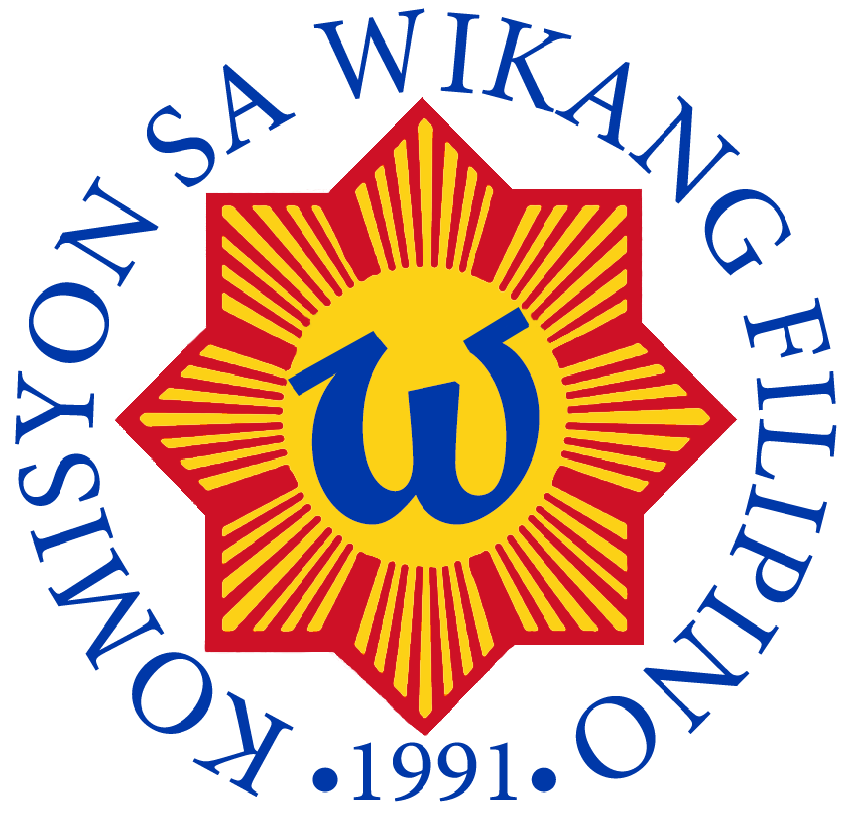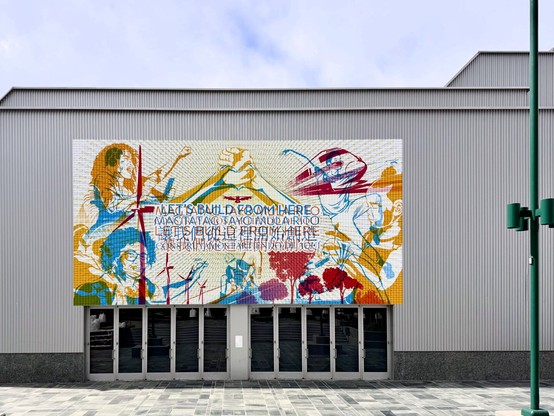“We” in the #Filipino, #Tagalog, and Philippine English, #Languages.
* “kami” = speaker + their group = “we” in Philippine English = no equivalent in any other English variant (in a way, it can be similar to the “royal ‘we’”)
Depending on the sentence structure, “us” is also equivalent. However…
* “tayo” = speaker + listener (+ their group) = “we” in Philippine English = “we” in any other English variant.
“Us” can also be used depending on the context.
So, when talking to a Filipino, or anyone who learned Philippine English (like most Koreans and Japanese), check first what they meant by “we”, as it could either be “speaker + their group” or “speaker + listener (+ their group)”.
It can become a point of misunderstanding because of the difference in usage, as English doesn't have a separate word for those two scenarios of “we”/“us”, not like in Filipino, Tagalog, and other languages.
(P.S. And this is why it is important to always ask for the context first before arguing or “reporting”.)
How about in your native #language? Do you have separate words for these?
* speaker + their group
* speaker + listener (+ their group)
#Punjabi
#Tagalog





